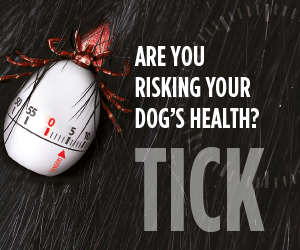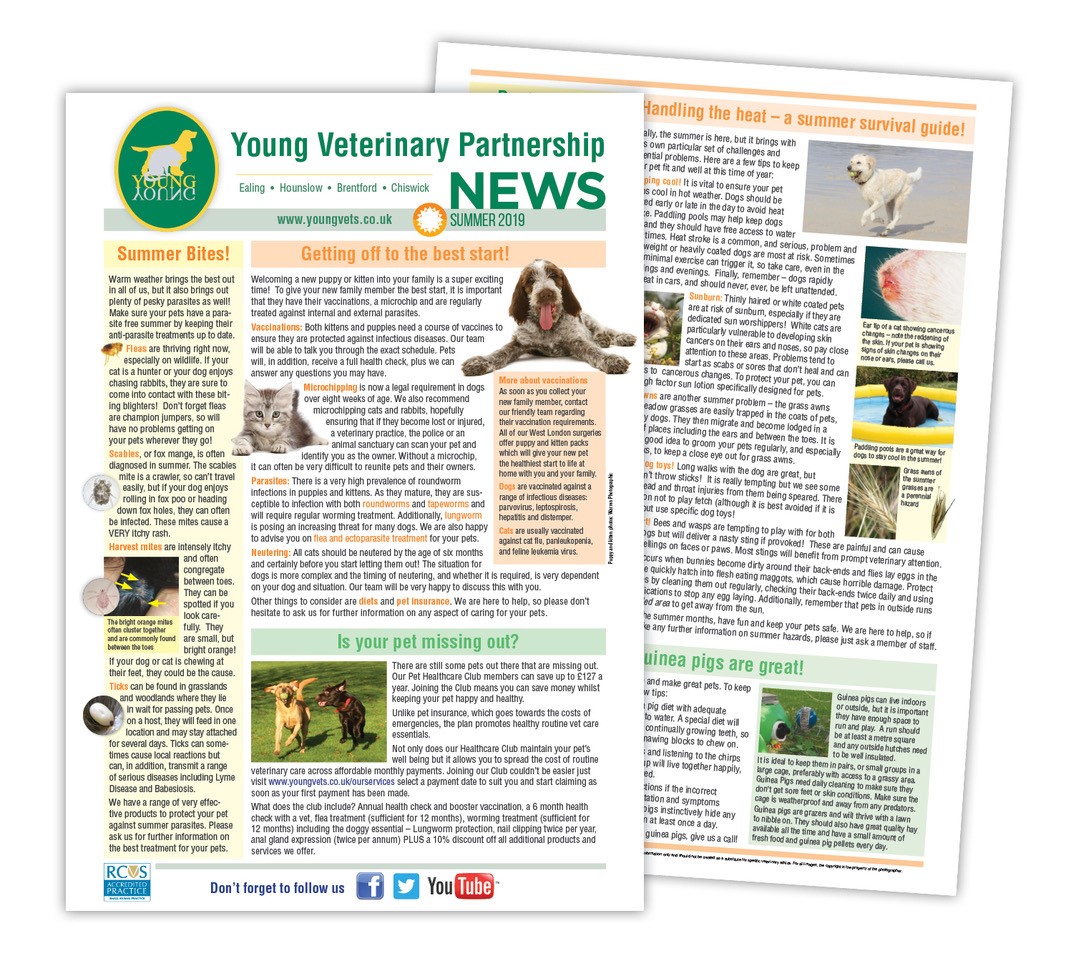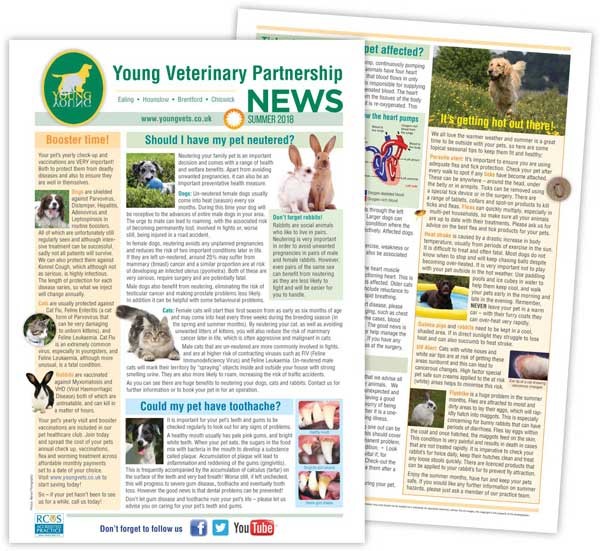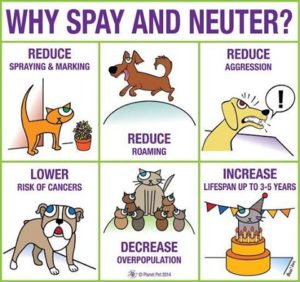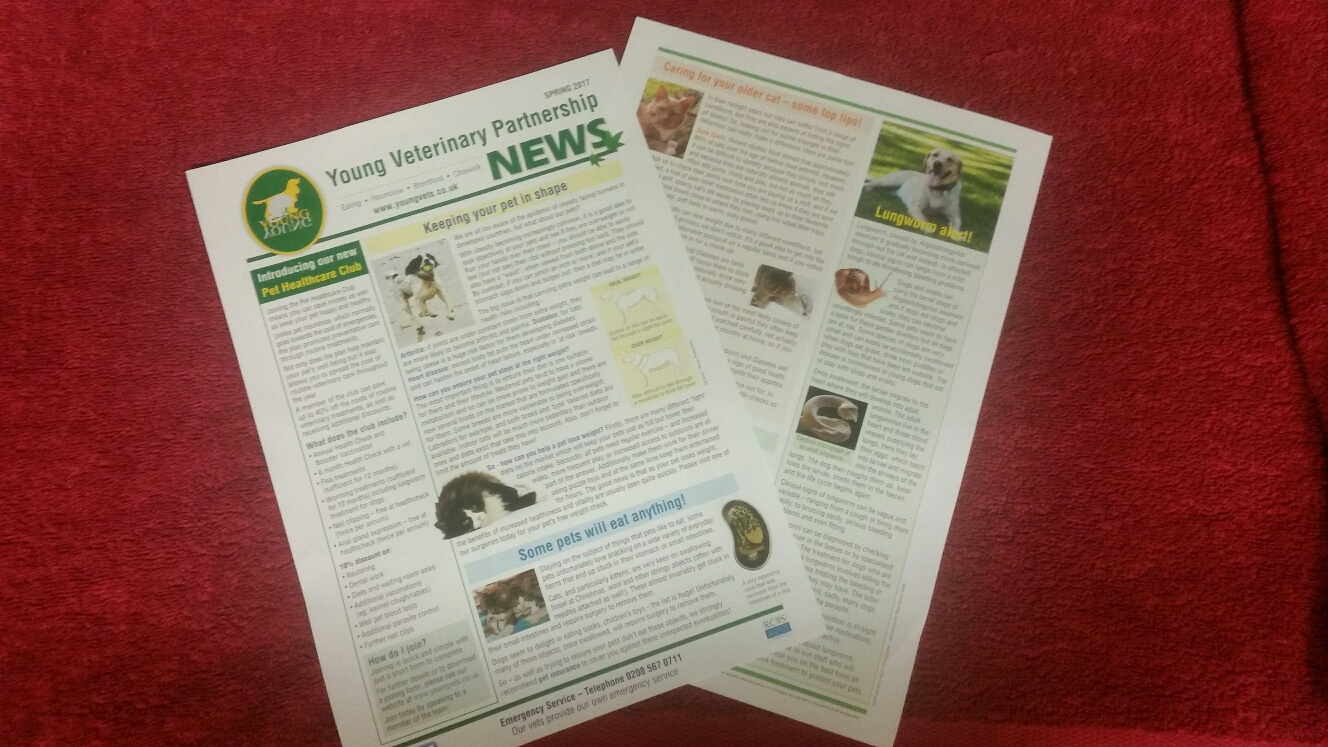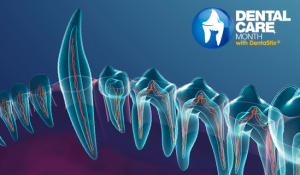The flea life-cycle.
The flea life-cycle. As the weather warms up, it’s a good idea to keep an eye on the pesky parasites that are also enjoying the milder climate. Our Spring News, discusses the different parasites to look out for and how to prevent them jumping on to your pets and into your home.
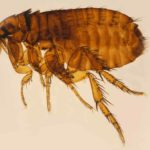
A healthy mouth
Our Spring News looks at the signs of a very common problem – dental disease. Both cats and dogs can suffer in silence if left untreated. Our Spring News discusses the signs of dental disease to watch out for in your pet, the good news is that if dental disease is identified at an early stage, a combination of a scale and polish and on going home care can make a big difference to your pets oral hygiene.
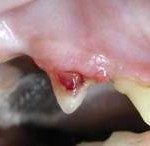
Permethrins and your cat – Are you aware of the danger?
Many canine spot – on flea treatments brought from supermarkets and pet shops contain permethrins, whilst safe for dogs, they should never be applied to cats, since they are extremely poisonous to cats. Our Spring Newsletter discusses the Spring toxins that could be lurking in your home.

We hope you enjoy reading our Spring Newsletter, if you have a query regarding any of the articles mentioned please do not hesitate to contact our friendly team or ask one of our vets at your pets next consultation.

